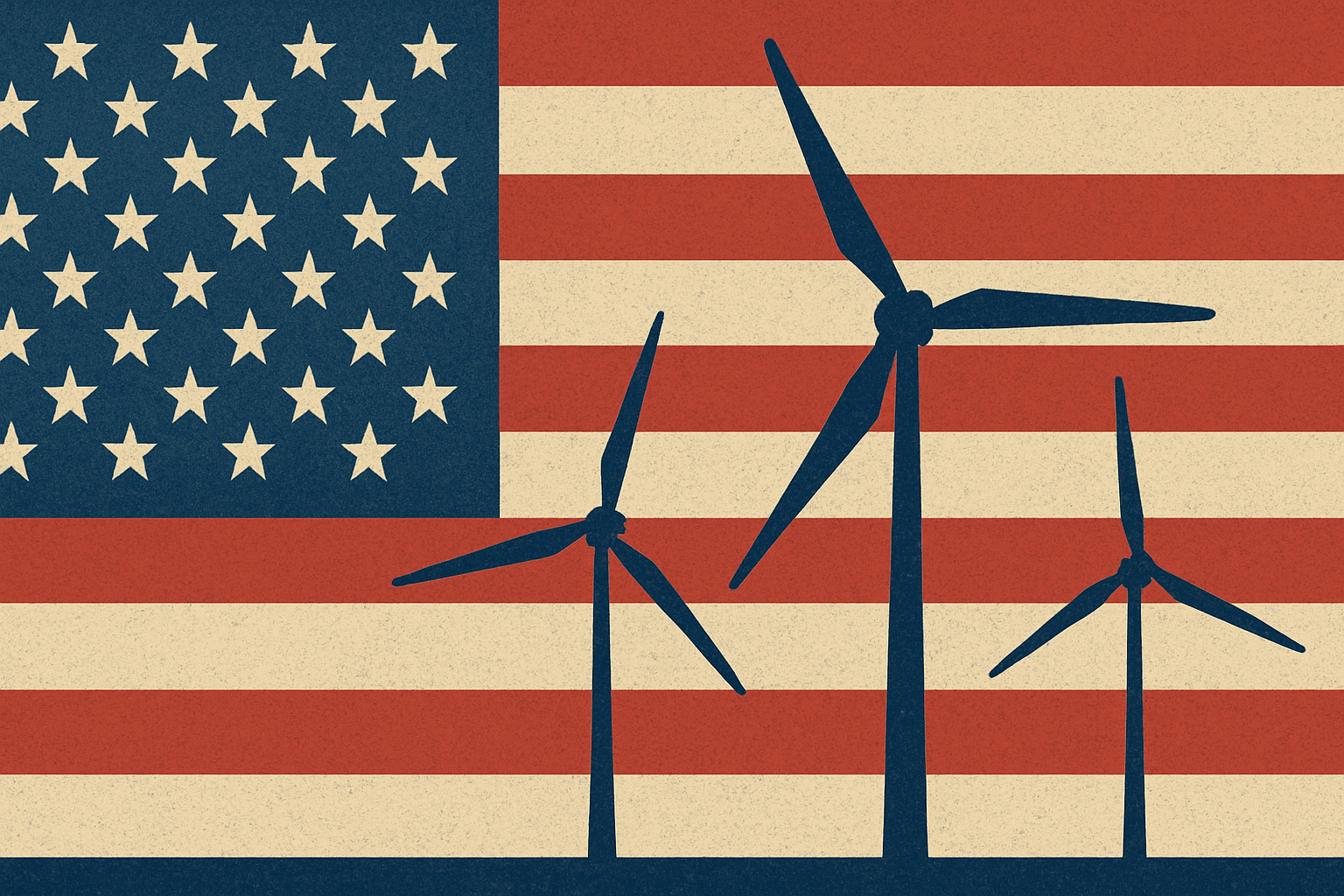Clean energy companies in the United States are facing renewed uncertainty after a Republican-led tax reform package proposed rolling back key provisions of the Inflation Reduction Act (IRA). The draft legislation, introduced in the House last week, seeks to eliminate so-called “direct pay” provisions — a cornerstone of the IRA that allowed tax-exempt entities such as rural electric co-operatives and municipalities to access federal clean energy subsidies.
According to reporting by Reuters, the change could severely limit the ability of non-profit and public-sector developers to finance solar, wind and battery storage projects. The proposal forms part of a wider Republican budget and tax strategy aimed at reversing elements of the Biden administration’s landmark climate legislation, which had aimed to mobilise $369 billion in clean energy and climate-related investment.
The implications for manufacturers are significant. First Solar, Nexamp and several other firms are reportedly reviewing US expansion plans, citing fears that the rollback would reduce the financial viability of planned installations. Many of these companies had made supply chain and hiring commitments based on IRA incentives, and the loss of direct pay access may limit demand for clean-tech components in states relying on public-sector utility projects.
While the tax bill is not yet law, and would face a likely veto from the White House, its introduction has increased policy uncertainty in a sector that had begun scaling rapidly. Clean-energy advocates warn that instability in subsidy frameworks could delay project timelines and chill investor sentiment. Several trade associations have called on the Senate to reject the measure and preserve core provisions of the IRA.
The legislative push coincides with broader federal budget negotiations in which other IRA-related grants and infrastructure programmes are also being reconsidered. Combined, the proposals signal a more contested political environment for US climate and energy policy, just 18 months after the Inflation Reduction Act was signed into law.
The coming months will be critical for US developers and manufacturers who must now weigh long-term capital decisions against a shifting legislative backdrop. As global competitors in Europe and Asia scale up their own subsidy regimes, Washington’s commitment to clean energy leadership may be tested not by ambition but by political continuity.




